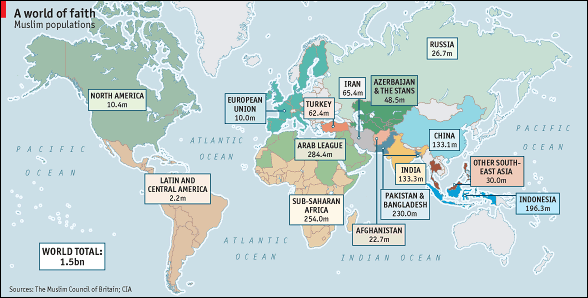Three main core areas were discussed, mainly, 1) An association of nations 2) A federal system and 3) A functional approach. Thoughts on functionalism and ramification were theories introduced by Mitrany but Paul Viotti defines functionalism as focus on purpose or tasks, particularly those performed by organizations while ramification encourages an expansion of collaboration of states in one particular area to another. It's corollary with Ernst Haas 'theory of Spillover' although there are differences like in terms of regional integration literature.
Mitrany believes that world peace can be advanced if international activities are organized around needs like transport, health, postal services among others. He distinguished federalism from regionalism and remains Utopian, because he prefers consent rather than violence. He even proposed that functional organizations are to have powers, sovereignty (an essential requirement), authority, and are entrusted with tasks of government. But how can he theorized that achieving world government to keep peace must comes first from a powerful sovereign association or community of nations, when several states cannot submit its national sovereignty (etymological defined as the state's absolute power) to an identical international authority of functional organization like United Nations. It is in contrast to the functions of the '5 Big Powers' of UN Security Council, retaining veto powers is a clear manifestation of not surrendering their sovereignty to the institution. Here we sight the vulnerability of Mitrany's thought was not directed towards the goal of political integration, but only towards the goal of world peace. According to Andrew Wilson Green; 'Perhaps one can achieve world peace without political integration, and perhaps one can achieve political integration by violent means, or at least by authoritative rather than consensual means'. This leads me to ask, will functional institutions cause a sense of community or will a sense of community cause functional institutions, and thus ultimately world peace?
Even though his propositions were quasi truths, I still consider it partially true, in a sense that that he treats functionalism as a panacea (a cure for all problems); however, every states has their own interest and they want this be promoted and given attention. Hence, you cannot prevent conflicts and joining an international functional organization is like taking a part of you that you must share to achieve common goals and values.
A.M.Nassef

















No comments:
Post a Comment